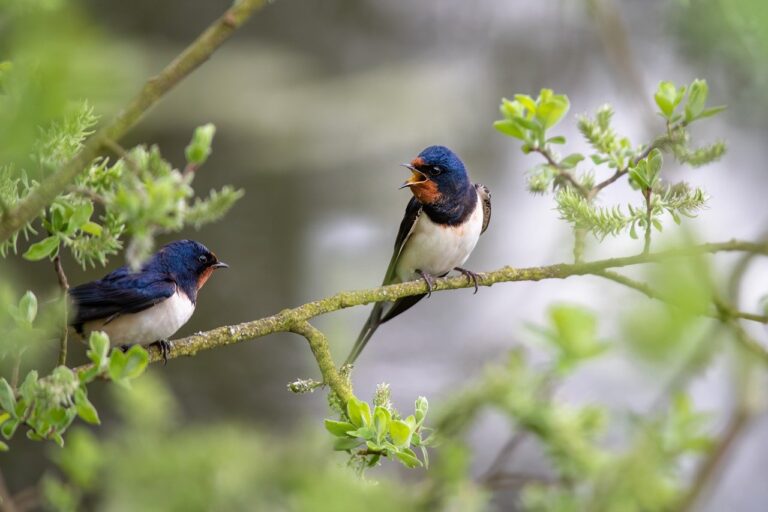Plastic bags are so light-weight and aerodynamic, that even if we get rid of them effectively, they can escape with the wind. They get away from our trash bin, trash trucks and landfills and they go where the wind takes them– contaminating our environment up until they finally discover their method to the ocean and kill birds and animals.
Plastic bags are among the primary reasons for marine pollution, and the focus on plastic bag decrease is continuous. Many grocery stores have actually stopped providing plastic bags to clients, motivating them to bring their own bags instead. Considering that we’ve ended up being so utilized to the convenience of plastic bags, you might discover this change a little bit inconvenient. Prior to you get pissed off at the grocery store.
Plastics made from nonrenewable fuel sources are simply over a century old. Production and advancement of thousands of new plastic products sped up after World War II, so changing the modern-day age that life without plastics would be indistinguishable today. biodegradable bags revolutionized medicine with life-saving devices, made space travel possible, lightened vehicles and jets– conserving fuel and pollution– and saved lives with helmets, incubators, and equipment for clean drinking water.
The efforts of federal governments and sellers will go to waste if we, the consumers, don’t contribute to the effort of minimizing plastic bag usage. Yes, you’ve been so utilized to it. It’s a low-cost and practical method to carry things around. However there are other, better, options. We just require to recondition our minds and make it a practice.
We have actually become utilized to plastic bags to carry our things around. They’re low-cost and helpful and easily available. However is it really worth the negative effect to our environment? It seems impossible to totally ban plastic bags entirely. Some people will still use them in some cases. Up until we wean ourselves far from plastic bag use, let’s begin assisting our environment and the animals that are affected by being mindful of how we utilize them.
The majority of the plastic trash in the oceans, Earth’s last sink, streams from land. Trash is also carried to sea by major rivers, which act as conveyor belts, picking up a growing number of trash as they move downstream. Once at sea, much of the plastic trash stays in seaside waters. But once caught up in ocean currents, it can be transported worldwide.
Plastics have been taken in by land-based animals, consisting of elephants, hyenas, zebras, tigers, camels, cattle, and other large mammals, sometimes triggering death. Tests have also verified liver and cell damage and interruptions to reproductive systems, prompting some types, such as oysters, to produce fewer eggs. New research shows that larval fish are eating nanofibers in the first days of life, raising new questions about the effects of plastics on fish populations.
Plastic pollution has turned into one of the most important ecological concerns, as rapidly increasing production of non reusable plastic items overwhelms the world’s ability to handle them. Plastic pollution is most visible in establishing Asian and African nations, where garbage collection systems are frequently inefficient or nonexistent. However the developed world, especially in nations with low recycling rates, also has difficulty properly gathering disposed of plastics. Plastic trash has actually become so ubiquitous it has actually triggered efforts to compose a global treaty negotiated by the United Nations.
Subscribe to Updates
Get the latest creative news from FooBar about art, design and business.
